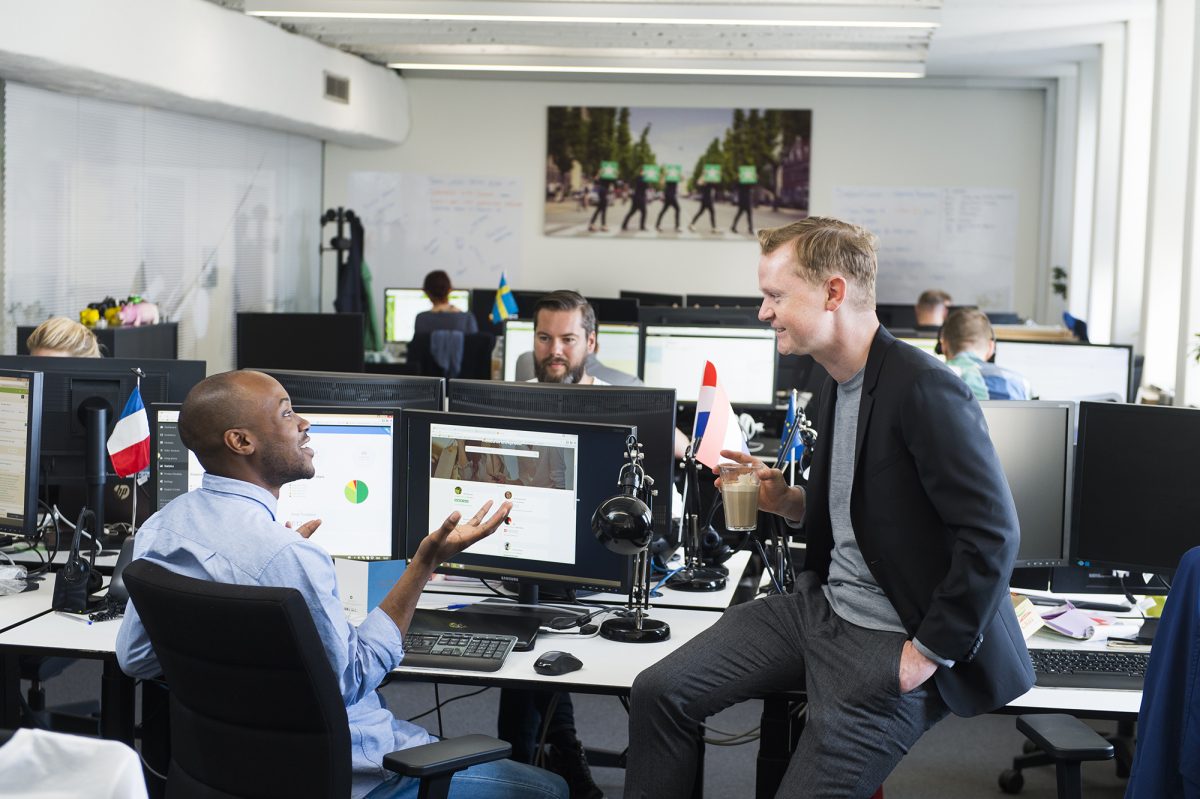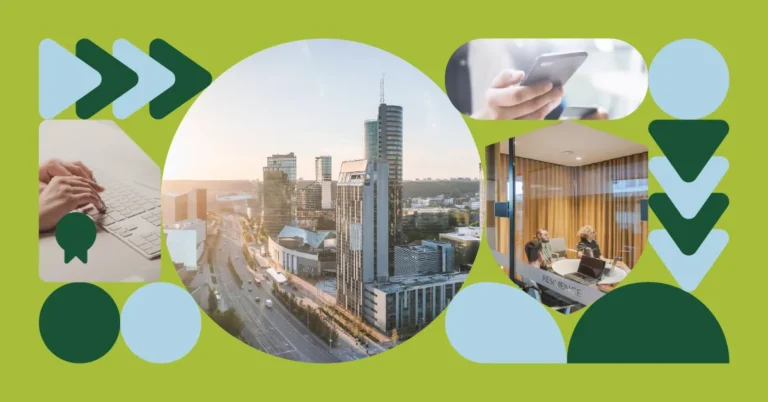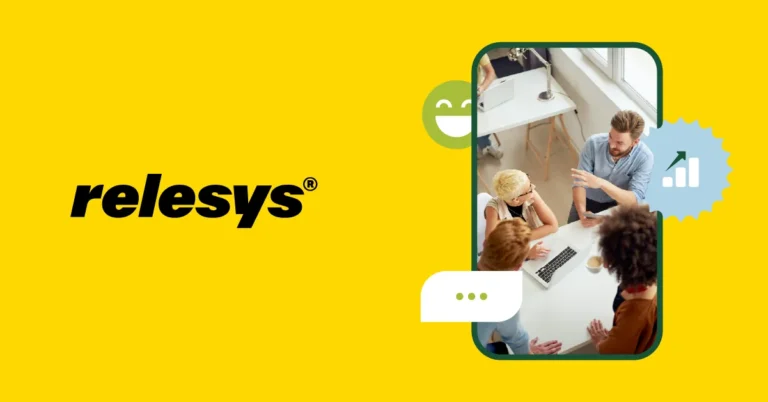Trustpilot, considered one of Denmark’s most promising startups, is establishing a product development division in Vilnius. In the next two years, the company, which operates one of the world’s largest online review communities, plans to build a team of approximately 40 software system engineers in the Lithuanian capital. Barcelona Startup News had a chat with Sabina Notkin, VP Tech Employee Experience at the Danish company, about why they decided that Barcelona was just not a good fit for them, and why they picked Vilnius, Lithuania instead.
Trustpilot has been steadily treading the path of growth for quite some time now, right?
Yes, the company has been growing constantly for the past five years. When I was hired as a recruiter in 2012 we were around forty people and now we are over five hundred. We have an office in Copenhagen, two offices in the US (Denver and New York), one in London, one in Berlin, one in Melbourne, and now we’re starting up our seventh office in Vilnius.
What made you start to think about setting up a development centre outside Denmark?
In Denmark, we’ve established ourselves as a very strong brand: we are seen as a great employer for R&D. The main reason is our very strong tech culture. We work agile, provide our employees with “20% time” (which means that they can spend 20% of their time working on whatever they want – it’s a practice inspired by Google), we invest in education, send employees to conferences, and so on. Our way of working is attractive so in Denmark, where we have a strong brand presence, it’s not too difficult for us to get people. But, as we all know, the demand for tech specialists is increasing, and the talent pool is not deepening fast enough. We have very high standards, and there is only so much local talent you can hire, especially in a small country like Denmark. So, of course, we’ve been having to relocate people to Copenhagen. And then we started thinking about how we could do something in parallel to that.
What were your main priorities when your started looking for a location?
Our most basic requirements were: a talent pool of skilled developers, and easy transportation there and back with short, regular flights. A lot of the research was simply about checking how many daily direct flights there were to locations of interest from Copenhagen. We had to make sure that we can jump on a flight of no longer than one to two hours and have a face to face meeting whenever we need to.
Why did you end up picking Vilnius instead?
In Lithuania, a lot of foreign companies are working in the banking and consultancy sectors. We believe that Vilnius has fewer companies like ours, that we’ve found a sweet spot. Also, the government is investing very heavily in technical education. During the last couple of years, they have doubled the number of available seats for technical courses in universities. They see that there is investment coming from abroad, and that an increasing number of tech companies are moving there.
Another thing that would be a challenge for us in Barcelona is getting local tech talent. It is a city where everybody would gladly move, for sure. But what does the local talent market look like? If we opened an office in Barcelona, we’d still have to relocate people which would mean a huge added cost for us. Salaries are lower in Lithuania, like in other parts of Eastern Europe, but they are increasing, as more companies are opening up offices there.
Were there any other countries that you seriously considered?
We looked into quite a few. We talked about Madrid, Lisbon, Berlin… It would have made sense to open an office in Berlin as we already have one there, but we think that the market is very tough there. We also looked into other Eastern European cities, like Bucharest. The ones that were not easy enough to fly to didn’t make the cut.
What does the tech community look like in Vilnius? How will you be contributing to it?
Spreading the startup culture, sharing knowledge and hosting meetups are things that we do a lot here in Copenhagen, and we want to be part of the tech community in Vilnius too. We feel that in Vilnius we can fulfil an important function, that we have a higher purpose, because we can share our experience as a high growth company, and therefore help other companies.
Did you have a contact in Lithuania who helped you get all the information you needed to get started?
We received some insights from our investors, and we have a former Trustpilot colleague who now lives in Vilnius. I had a chat with him about what the tech scene is like there. It was great to talk to someone who knows the company, and can give you insights on the country as well. Also, there is a government organization called Invest Lithuania: they have been extremely helpful and quick at responding to all our questions, giving us contact details for recruitment agencies, legal offices, anything we needed.
Are you expecting all your future employees to be from Lithuania?
Actually, I was just talking about this with a local agency before our chat. They said that as there has been an increase in foreign companies investing in Lithuania, they’re expecting to get more and more foreign talent, mainly from other Eastern European countries. As a company, we’re all for diversity and hiring different nationalities. It’s an advantage for the company in many ways. The fact that mixed teams use English as a common language is important for us because that’s the company language. The level of English spoken by young people in Lithuania is excellent, that is definitely a big plus.
Read full interview: Barcelona Startup News













